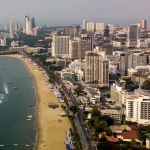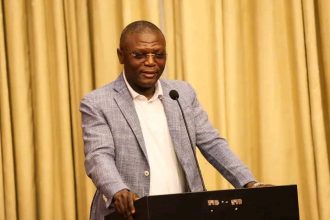6 years after the implementation of the Ghana FA Club Licensing Regulations, it seems not a lot of huge progress has been made because per a FIFA report, Ghana cannot boast of a single professional football club.
The report, the FIFA Professional Football Report 2019, stated that of the 64 teams playing in the elite division and Division One, not even one could call itself a professional football club per the laid-down requirements prescribed by the global football governing body.
The report looked at information given by 211 member associations across several themes such as player labour issues and the implementation of club licensing regulations.
The lack of a professional football association in Ghana will serve as a huge concern to the new Ghana FA administration as it tries to get clubs to conform to the licensing regulations.
Article 3 of the Ghana FA Club Licensing regulations hopes to achieve:
3.1. Safeguarding the integrity and credibility of club competitions;
3.2 Improving the level of professionalism within the football family;
3.3 Promoting sporting values in line with the principles of fair play:
3.4 Promoting a safe and secure match environment; and
3.5 Promoting transparency in the finance, ownership and control of
clubs.
So far, clubs have been engaged in terms of the regulations and the expectations are that there will be an improvement in the adherence to the regulations and there will be punitive measures in place to bring a lot of conformity and professionalism to Ghana football.
In terms of the existence of minimum salaries and a collective bargaining agreement, Ghana scored zero on those fronts.
However, the Professional Footballers Association of Ghana has been pushing for the introduction of these things. In addition, most of the candidates of the last GFA elections also stated that they would push for the introduction of these elements into Ghana football.
Which areas are covered in the Ghana FA Club Licensing regulations?
The Ghana FA looks at the following criteria:
Sporting: The existence of youth development programme and youth teams
Infrastructure: Stadium suitability in terms of capacity, playing surface, spectator area, first aid, the existence of a training facilities
Administrative Personnel: The existence of an office or club secretariat, requisite staff and the availability of properly detailed job descriptions
Legal: details of ownership and registration
Financial: the existence of audited annual financial statements
Are there professional clubs in Africa?
Yes. The report says Africa has 600 professional football clubs and Senegal has the most with 48. Tunisia (38), Cote d’Ivoire (38), Zambia (36) and Cameroon (33) follow in that order.
















